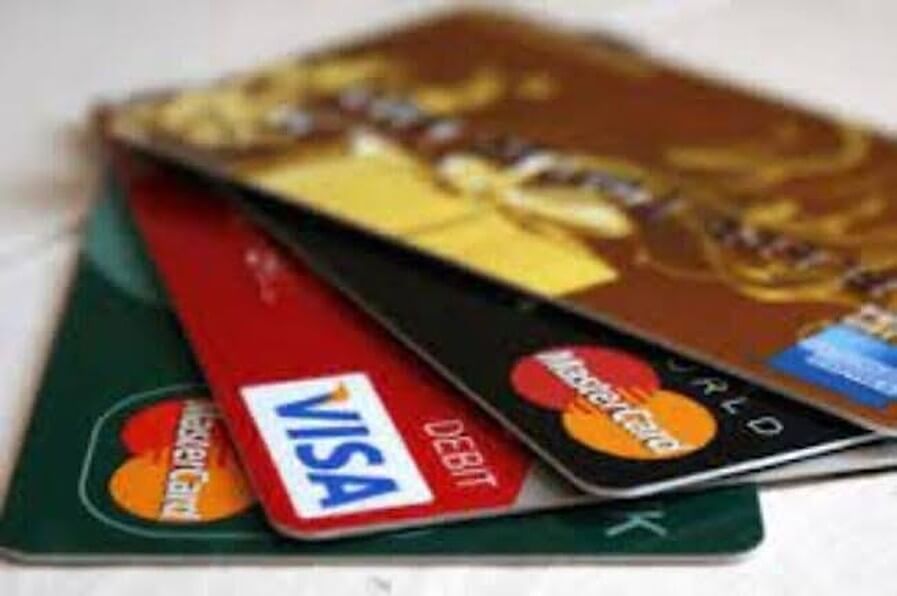Two Nigerian commercial banks have announced the resumption of overseas transactions via their naira cards.
Customers were notified separately by United Bank of Africa (UBA) and Wema Bank that the service on their naira cards had recommenced.
The news comes around three years after many banks halted overseas transactions on naira debit cards.
In a recent customer note, the UBA stated that the restart is consistent with its continuous commitment to offer clients with seamless and enhanced banking experiences.
“In line with our continued commitment to providing you with seamless and enhanced banking experiences, we are pleased to inform you that all UBA Premium Naira Cards, including Gold, Platinum, and World variants are now enabled for international transactions,” says the press release.
“This means you may now use your Premium Naira Card for more convenient and flexible everyday payments, online shopping, POS, and ATM transactions around the world.
“If you haven’t used your card recently, now’s a great time to rediscover the convenience and prestige that comes with being a UBA premium cardholder.”
Wema Bank announced the development in a recent statement, saying customers can now “pay in dollars” with their naira cards.
Your Wema Naira Mastercard has just gone global! You can now pay in dollars on all your favorite foreign marketplaces, including Amazon, eBay, and AliExpress. The bank mentioned Netflix, Spotify, and YouTube.
WHY ARE BANKS MAKING THE SHIFT
According to Ayokunle Olubunmi, head of financial institutions ratings at Agusto & Co, greater liquidity in the foreign exchange (FX) market aided banks’ decision to revive their naira CDs for worldwide transactions.
“The moderating premium on the parallel market transactions and the reduced arbitrage opportunities is also responsible for the decision,” according to him.
Speaking with Charles Sanni, CEO of Cowry Treasurers, stated that the narrowing of the spread or margin between official and parallel market rates may have affected the banks’ decision.
He stated that because Nigeria’s interest rates are extremely high, borrowing money to speculate on foreign exchange is discouraged.
Read Also: Tension in Labour Party: Enugu Chapter Supports Obi, Snubs Abure
“The naira has also continued to appreciate against the world’s other major currencies.” Furthermore, there has been an increase in diaspora remittances as a result of the Central Bank of Nigeria’s (CBN) new policy on opening accounts for non-residents, particularly Nigerians in diaspora,” he said.
Sanni also acknowledged the federal government and the CBN’s regained confidence in FX management as a result of the ease of transferring cash and capital repatriations.
According to the CEO, Nigeria’s credit rating has improved, FX backlogs have been cleared, a new trading platform has been established, oil prices have increased due to geopolitical tensions, and banks have been capitalised.
Several additional banks temporarily banned international ATM and POS transactions between July 2022 and January 2023.
The move was caused by chronic FX scarcity, which jeopardized the survival of important economic sectors.
Standard Chartered Bank banned overseas transactions on its naira Visa debit card in July.
On September 21, 2022, First Bank of Nigeria (FBN) announced the suspension of foreign transactions on its naira Mastercard.
Three months later, Guaranty Trust Bank (GTBank) halted global payments on their naira Mastercard, and Zenith Bank followed suit on January 9, 2023.
Flutterwave, Eversend, and other financial technology firms took similar steps, stopping their virtual card services for foreign purchases.



